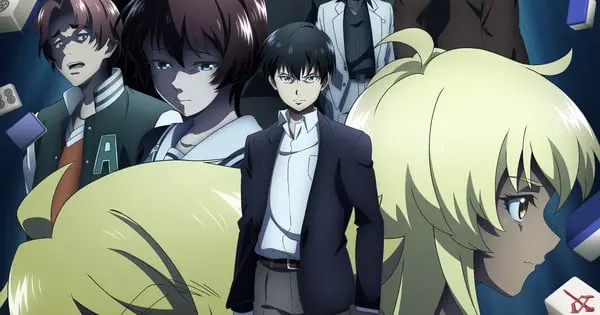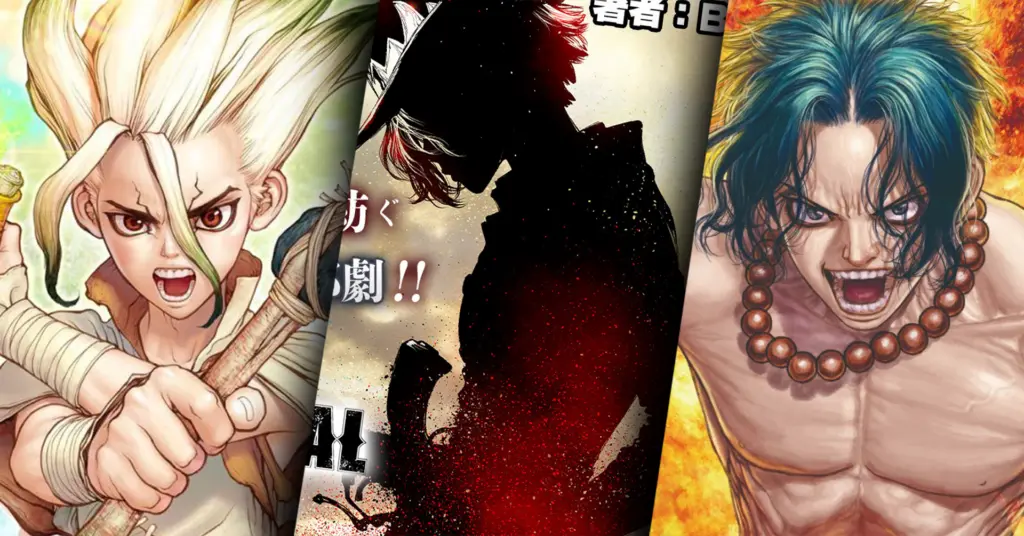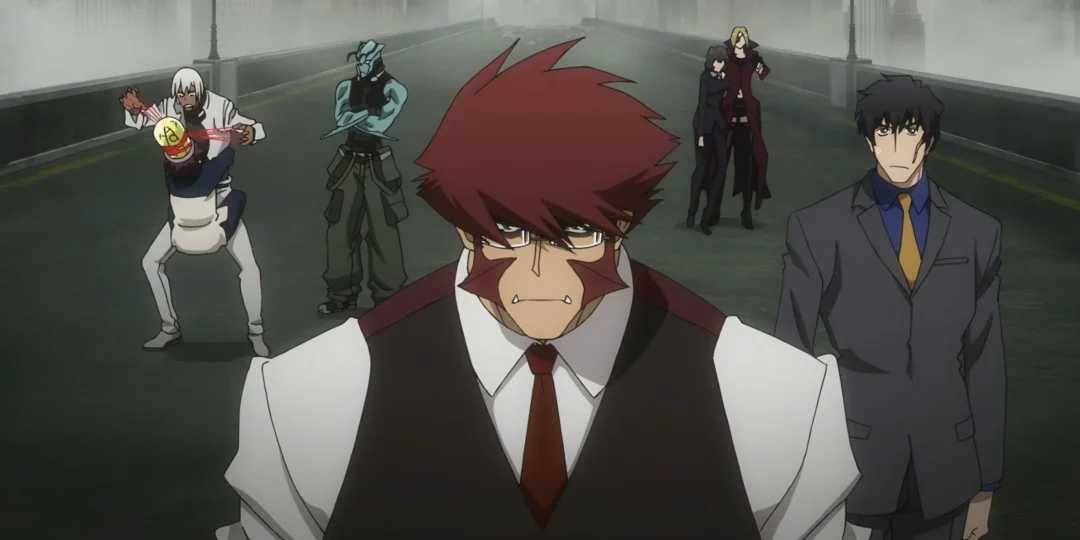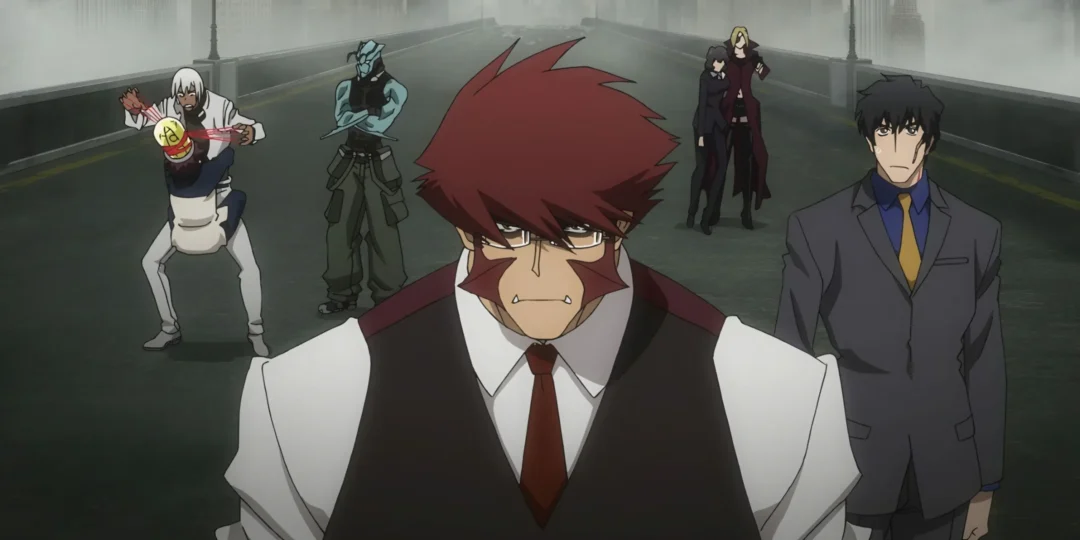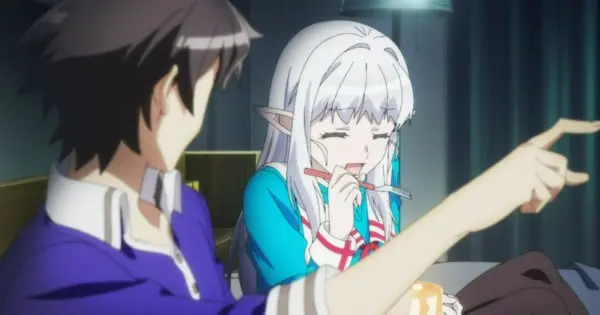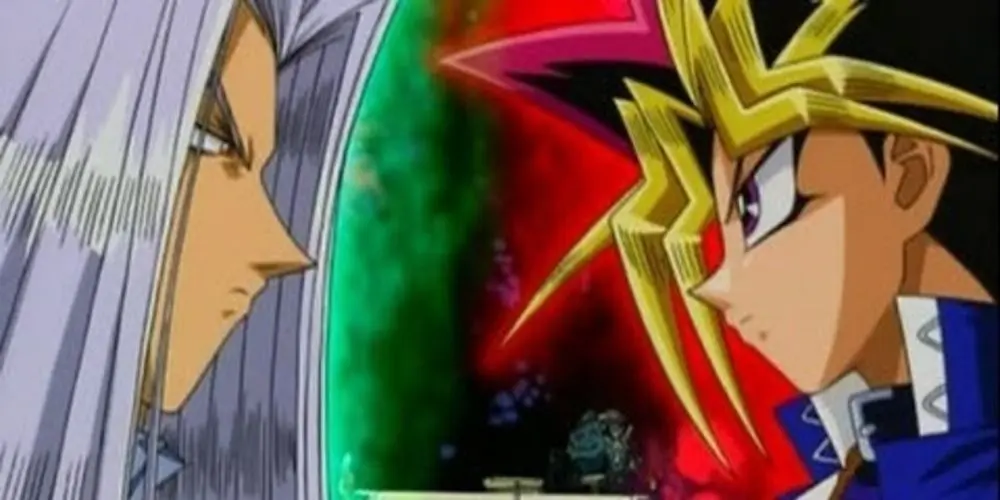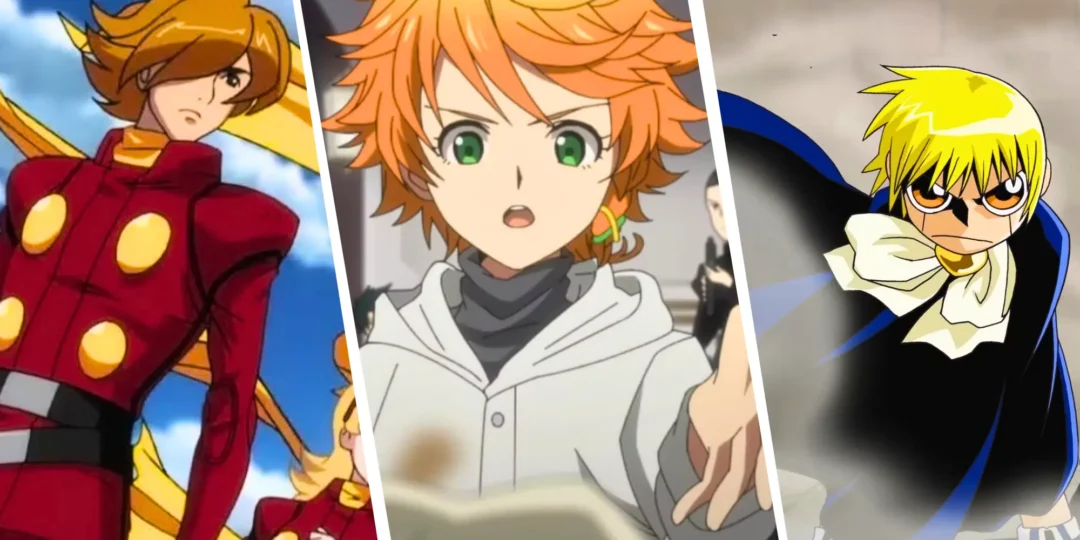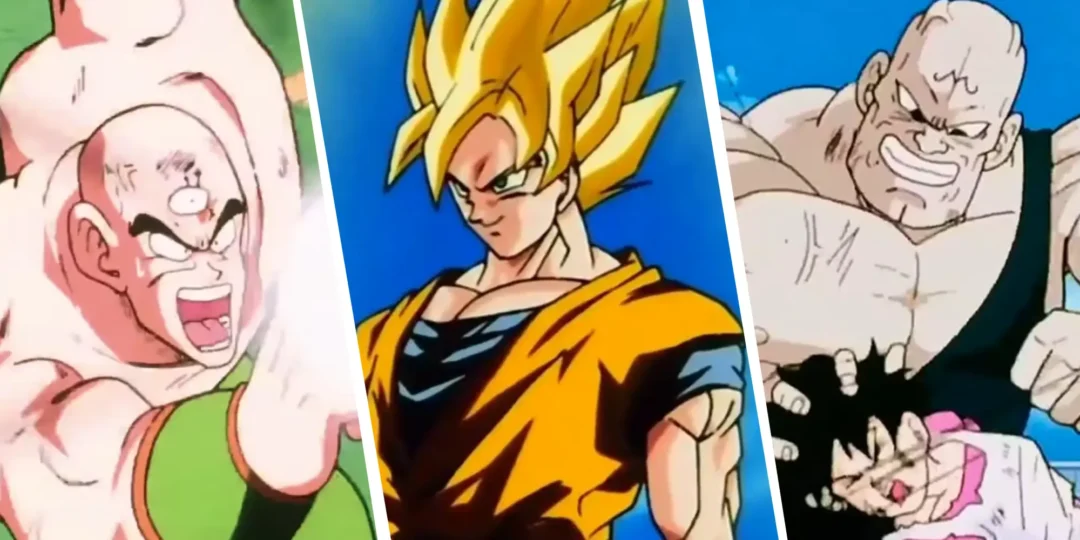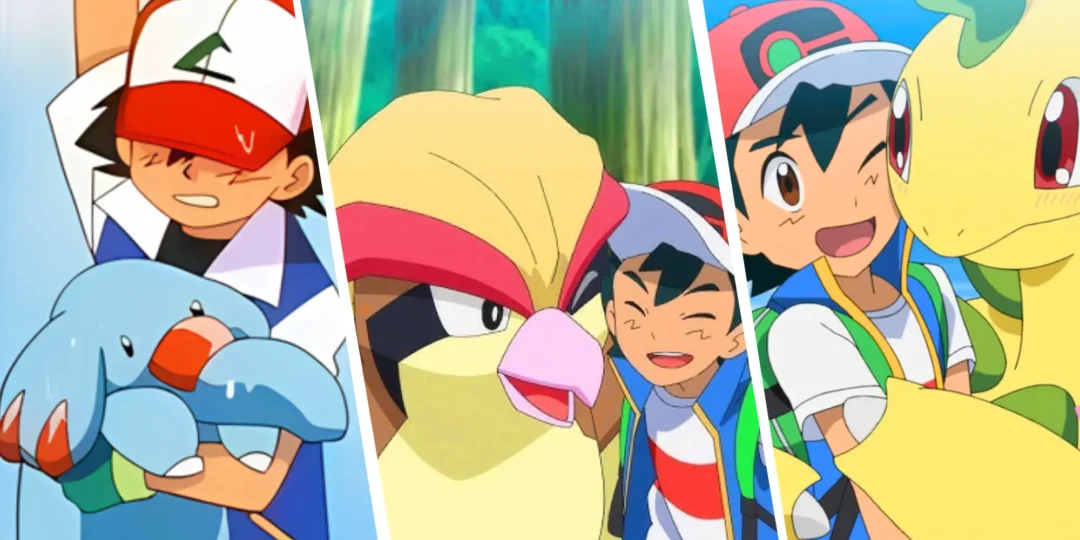The first season of Yu-Gi-Oh! launched a global phenomenon, but looking back, it’s clear that the show often prioritized dramatic flair over logical consistency. From bizarre rule interpretations to outright plot contrivances, the initial episodes of the anime are filled with moments that simply don’t make a whole lot of sense. Here are 10 of the most glaring examples.
The Ever-Changing Rules of Duel Monsters
One of the most common complaints about Yu-Gi-Oh! Season 1 is its extremely loose interpretation of the rules of Duel Monsters. It often seems as though the rules are made up on the fly to advance the plot or ensure a victory for Yugi.
Tribute Summoning? What’s That?
Powerful monsters like the iconic Blue-Eyes White Dragon require sacrifices in the real card game, but this rule is often ignored in the show, especially in the early episodes. Seto Kaiba, for example, frequently summons his ace monsters without any prior sacrifices, a blatant disregard for the game’s mechanics. This inconsistency can be jarring for viewers familiar with the actual trading card game.
Made-Up Card Abilities
Many cards in the show are given abilities that they don’t possess in the real-life trading card game. Yugi’s duel with Panik is a prime example, with both duelists’ cards exhibiting special powers that seem to appear out of nowhere, conveniently helping Yugi secure his victory. These seemingly random abilities defy the established rules and contribute to the feeling that the game is far more arbitrary than strategic.
Direct Attacks? Not Here!
Another perplexing rule is the frequent inability to attack directly, meaning monsters had to be on the field to be attacked first. This leads to situations where duelists with multiple high-attack monsters would forgo a direct strike on an opponent with no monsters. This is a rule that was only in the first season and quickly changed as it was not a part of the original card game.
Spells as Traps, Traps as Spells
The show often interchanges spell and trap cards, further confusing viewers. Cards are sometimes used in a way they were not designed for, or used in the wrong card slots. This inconsistent labeling of card types adds another layer of complexity, making it difficult to understand the game’s mechanics.
Baffling Plot Holes and Inconsistencies
Beyond the game’s ever-shifting rules, Season 1 is riddled with plot holes and inconsistencies that raise more questions than answers.
Pegasus’s Confusing Motivations
The main villain, Maximillion Pegasus, wants to collect the Millennium Items, including Yugi’s Millennium Puzzle. However, he goes to great lengths to try and eliminate Yugi from the Duelist Kingdom tournament. If his plan is to face Yugi in a final duel, then his actions to eliminate Yugi make very little sense.
The Magic of Friendship
The series introduces the concept of friendship acting as a magical shield, inexplicably protecting Yugi from harm and even blocking Pegasus’s Millennium Eye. While the show tries to emphasize the power of friendship, the magical element to it defies any logical explanation.
Serenity’s Mysterious Illness
Joey’s motivation in the Duelist Kingdom tournament is to win money to pay for his sister Serenity’s eye surgery. The show claims that her procedure costs $3 million, but offers no logical explanation for how something could be so costly, given the lack of information surrounding the procedure.
The Shadow Realm
The concept of the “Shadow Realm,” a mystical dimension where duel losers are sent, is a key element of the dubbed version. However, this realm doesn’t exist in the original Japanese version, where defeated characters are actually killed. The existence of the shadow realm creates a host of plot holes and inconsistencies. The removal of actual death in the show to appeal to a younger audience is what led to this plot inconsistency.
The Millennium Items’ Overpowered Nature
The Millennium Items themselves are incredibly overpowered and lack any concrete rules or limitations. Their powers fluctuate wildly, sometimes granting mind control, other times boosting physical strength, leading to plot holes and a general sense that anything is possible with the items. The origin of the items is never fully explained either, adding to their mystique and inconsistency.
Yugi’s Dueling “Cheating”
Yugi is often seen as having a dual mind during duels with Yami. The two work together to defeat their opponent, which creates an unfair advantage in the duels. While it is accepted by viewers of the anime, it is technically considered cheating.
Conclusion
Despite its flaws, Yu-Gi-Oh! Season 1 captivated audiences and launched a global phenomenon. While the first season’s inconsistencies might frustrate those seeking a perfectly logical narrative, they also contribute to the show’s unique charm. The ever-changing rules, bizarre plot twists, and over-the-top drama are all part of what makes Yu-Gi-Oh! so memorable. The first season provides a somewhat clumsy but ultimately engaging introduction to the card-dueling world, even if it sometimes leaves viewers scratching their heads.

